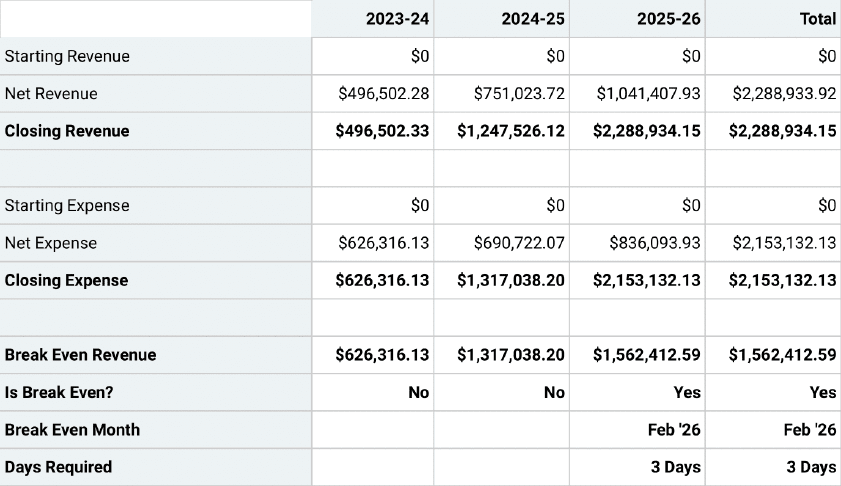
How to Create a Solid Financial Plan for Your Business
admin
- 0
Running a successful business requires more than just a great product or service. Having a solid financial plan in place is crucial for the long-term success and sustainability of your business. In this article, we will discuss the key steps to creating a comprehensive financial plan for your business.
Evaluate Your Current Financial Situation
The first step in creating a financial plan for your business is to evaluate your current financial situation. This includes assessing your revenue, expenses, cash flow, and any outstanding debts. By understanding where your business stands financially, you can better plan for the future and identify areas for improvement.
Set Financial Goals
Once you have a clear understanding of your current financial situation, it’s important to set specific financial goals for your business. These goals should be realistic, measurable, and aligned with your overall business objectives. Whether your goal is to increase revenue, reduce expenses, or improve cash flow, having clear financial targets will help guide your decision-making and track your progress.
Create a Budget
A budget is a fundamental component of any financial plan. By creating a detailed budget that outlines your projected revenue and expenses, you can effectively manage your business finances and allocate resources appropriately. Be sure to review and adjust your budget regularly to reflect any changes in your business operations or market conditions.
Manage Cash Flow
Cash flow is the lifeblood of any business. To ensure the financial health of your business, it’s essential to manage your cash flow effectively. This includes monitoring your cash inflows and outflows, maintaining a cash reserve for emergencies, and implementing strategies to improve your cash flow efficiency.
Invest Wisely
Investing in your business is essential for growth and innovation. However, it’s important to invest wisely and consider the long-term impact of your investment decisions. Whether you’re investing in new technology, marketing initiatives, or expanding your product offerings, be sure to conduct thorough research and analysis to ensure a positive return on investment.
Monitor and Review Your Financial Plan
Creating a financial plan is not a one-time task. It’s important to monitor and review your financial plan regularly to ensure that you are on track to meet your goals. By conducting regular financial reviews, you can identify any potential issues or opportunities and make adjustments as needed to keep your business on a solid financial footing.
Seek Professional Advice
If you’re not confident in your financial planning skills or if you need additional guidance, don’t hesitate to seek professional advice. A financial advisor or accountant can help you create a comprehensive financial plan for your business and provide valuable insights and recommendations to help you achieve your financial goals.
In conclusion, creating a solid financial plan for your business is essential for long-term success and sustainability. By evaluating your current financial situation, setting clear financial goals, creating a budget, managing cash flow, investing wisely, and regularly monitoring and reviewing your financial plan, you can effectively manage your business finances and position your business for growth and prosperity.

